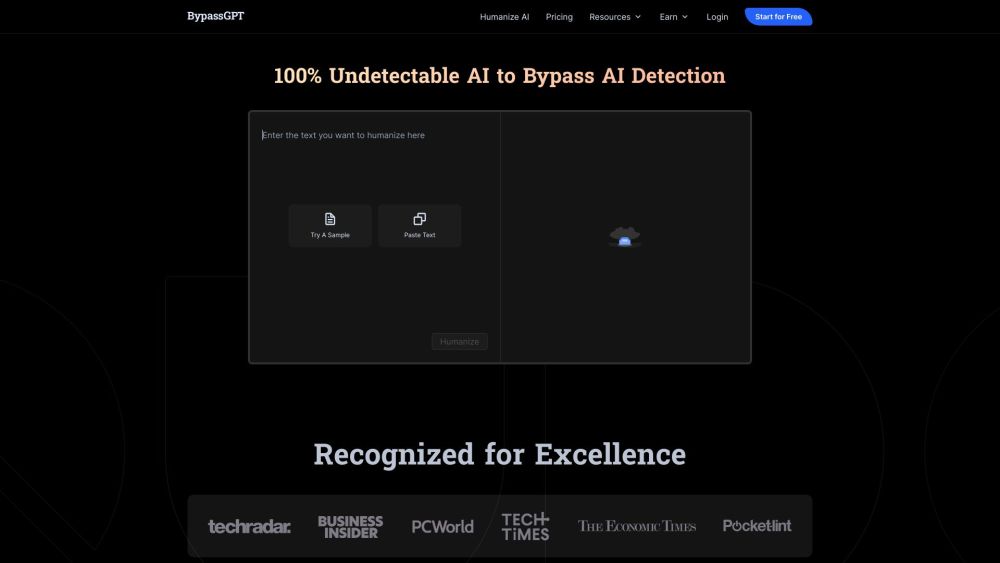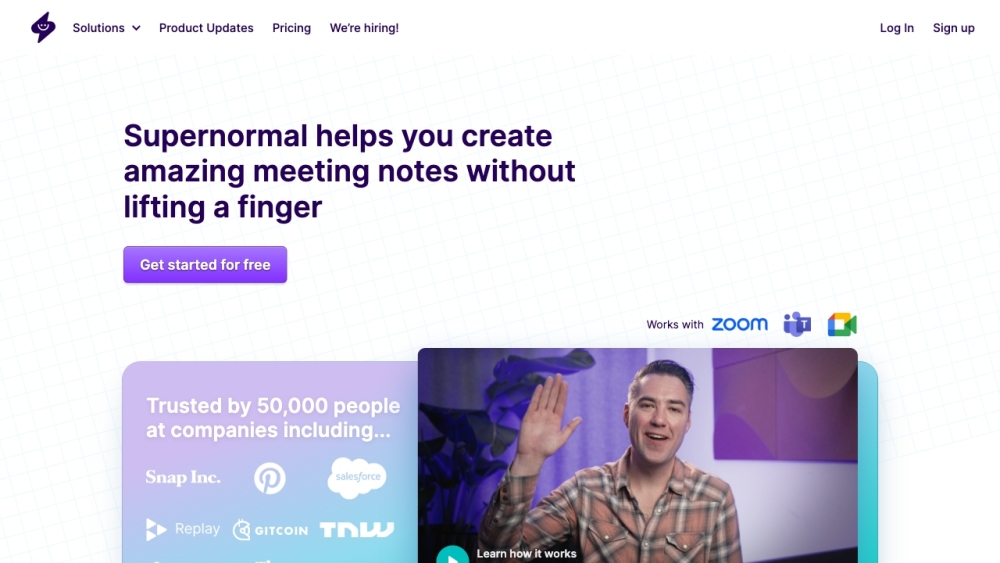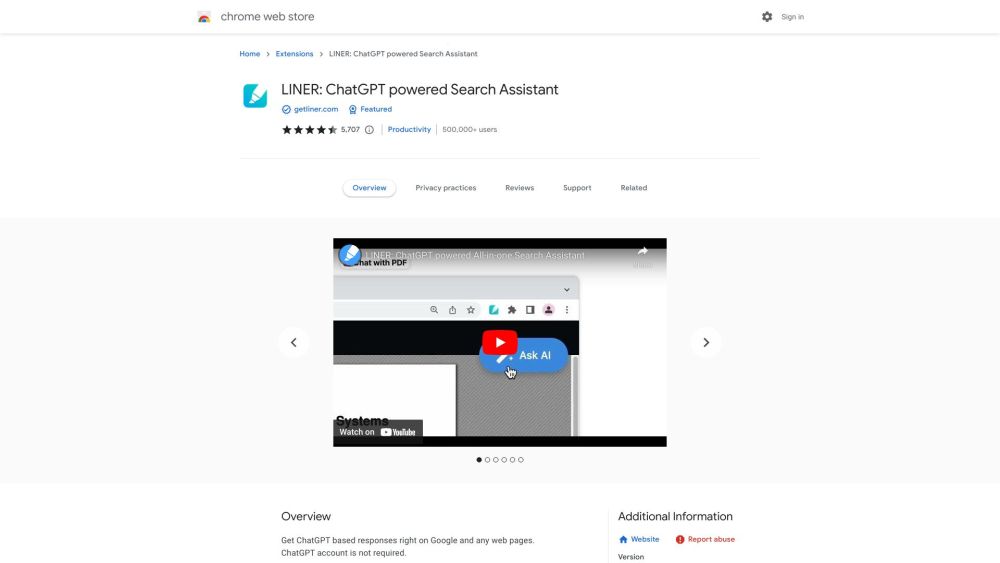Marvin Purtorab, CEO of the new startup Convergence, and co-founder Andy Toulis (CTO) first crossed paths while working on recommender systems and AI assistants at Shopify. Their journey continued at Cohere, an AI platform designed for enterprises, where they generated their startup idea just a few months ago. “To be honest, we left [Cohere] because we have been exploring agents for about three to four years now,” Purtorab explained. They recognized that the concept of agents was ahead of its time a few years back.
With a team recruited from top-tier firms like Google DeepMind, Meta, OpenAI, and PolyAI, Purtorab and Toulis have rapidly developed a groundbreaking product that has attracted considerable interest from investors.
Currently, most AI agents are tailored for specific workflows. In contrast, Convergence's "Proxy" agent is designed to handle a variety of tasks by mimicking human skill acquisition through what’s referred to as “long-term memory.” This capability is powered by what some experts are calling “Large Meta Learning Models” (LMLM), which are trained to autonomously learn new skills.
Convergence successfully raised a $12 million pre-seed funding round led by Balderton Capital, with Salesforce Ventures and Shopify Ventures also participating. This investment will be directed toward developing innovative models that enhance Proxy's functionality. James Wise, a partner at Balderton Capital, commented, “Few individuals possess the expertise and skills that Marvin and Andy bring, making them perfectly positioned to tackle the complex technical challenges presented by a product like Proxy.”
Human users are matched with Proxy agents, which can learn tasks and workflows, allowing human workers to focus on decision-making rather than repetitive tasks. Purtorab emphasized, “When we look at the current landscape, many companies are concentrating on creating narrow agents—like sales, HR, or finance ops agents. Our vision is different. We aim to establish the groundwork for a general class of agents that can adapt based on user needs, performing tasks that individuals prefer to avoid in their jobs. We believe this is the superior approach, as we envision a future where everyone won’t need a multitude of different tools. Over time, we expect consolidation in this area, and that’s where we see ourselves fitting in.”
The plan is to first develop consumer agents, then leverage those insights to enhance their enterprise agents. “Consumers primarily use these agents for tasks like online shopping or finding recipes, while businesses utilize them for operations such as entering data into Salesforce or managing job applicants,” he shared.
So, do they consider consumers as a testing ground for their enterprise applications? “That’s one way to put it. Consumer use cases are broader and simpler, allowing us to gather feedback more rapidly,” Purtorab noted.
Regarding the recent announcements from Salesforce about their agents, Purtorab expressed: “I attended Dreamforce last week and think they’re moving in the right direction. However, I see them focusing more on narrow agents that address specific tasks. Right now, the market doesn’t have the luxury to wait another six to 12 months for models to mature.”
Currently, Convergence is in a closed beta phase with testers and plans to open to a wider audience soon.




